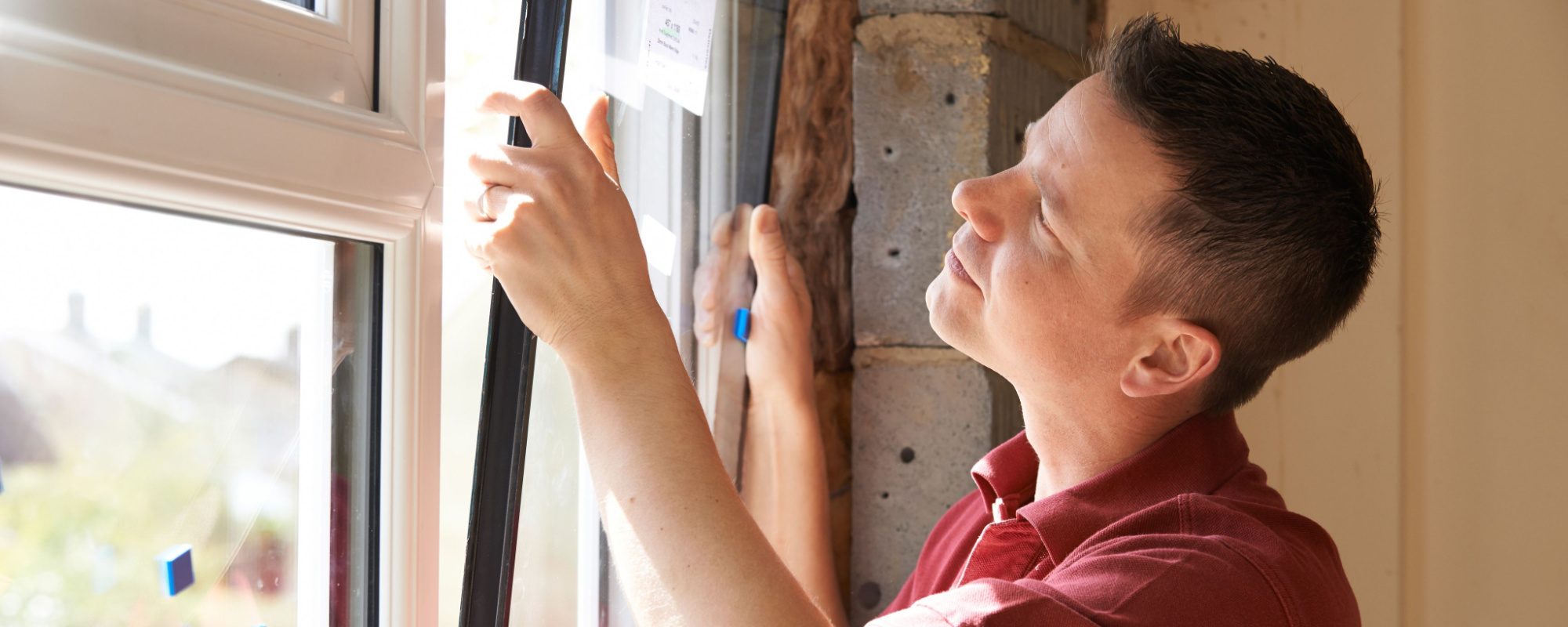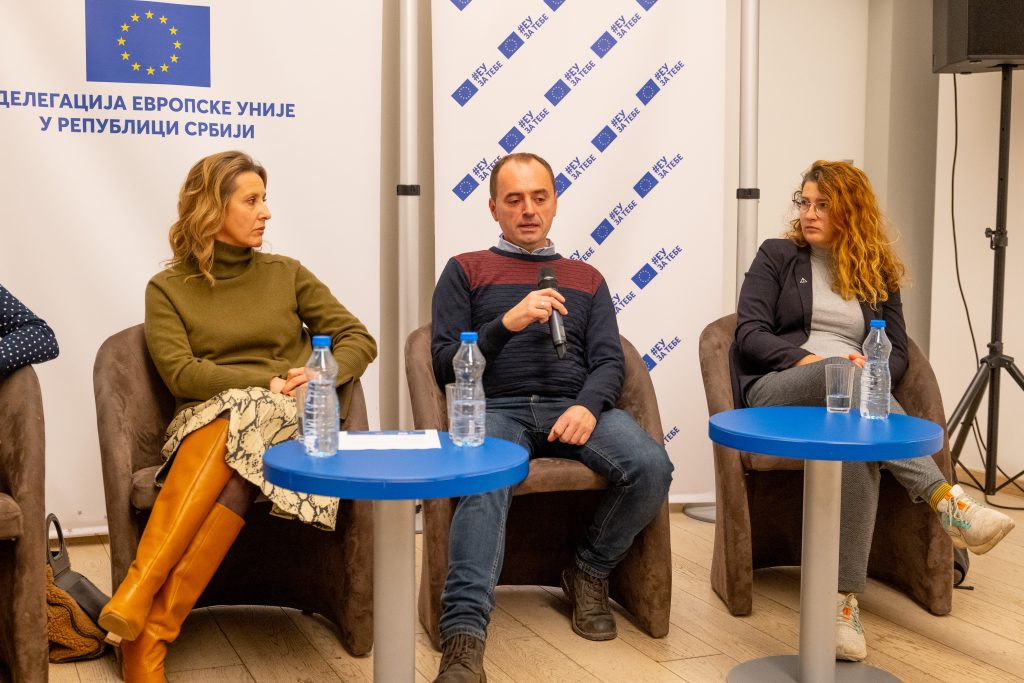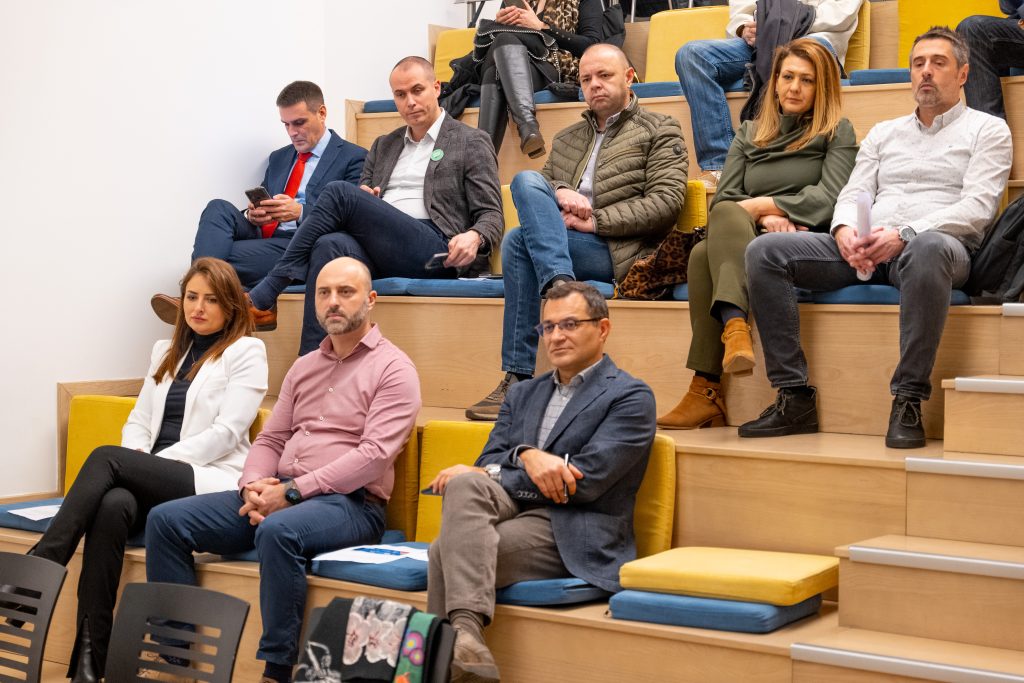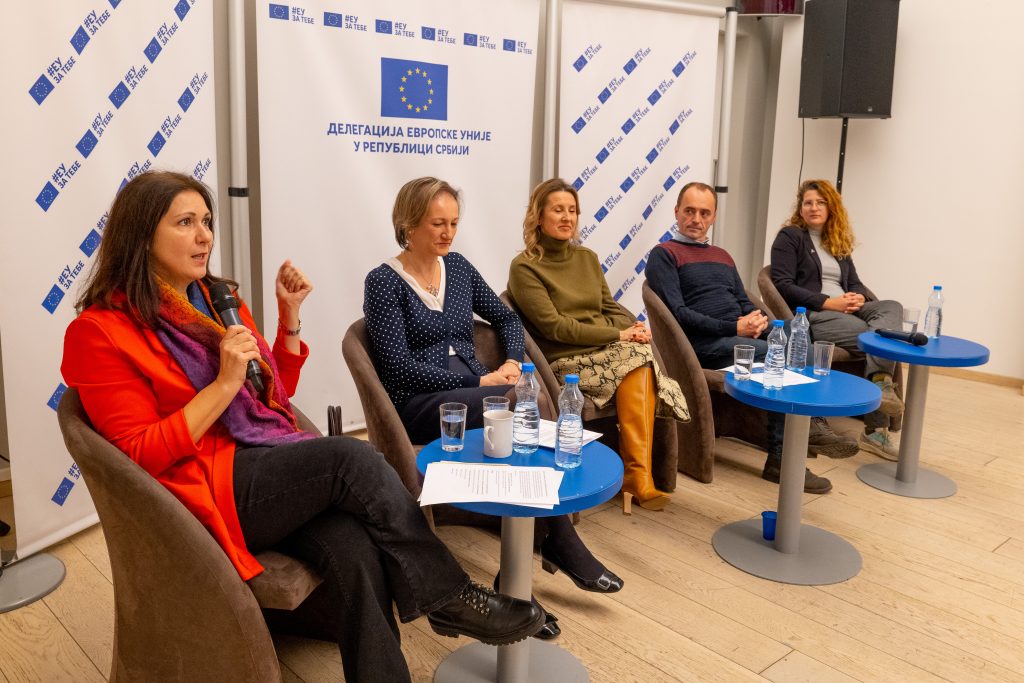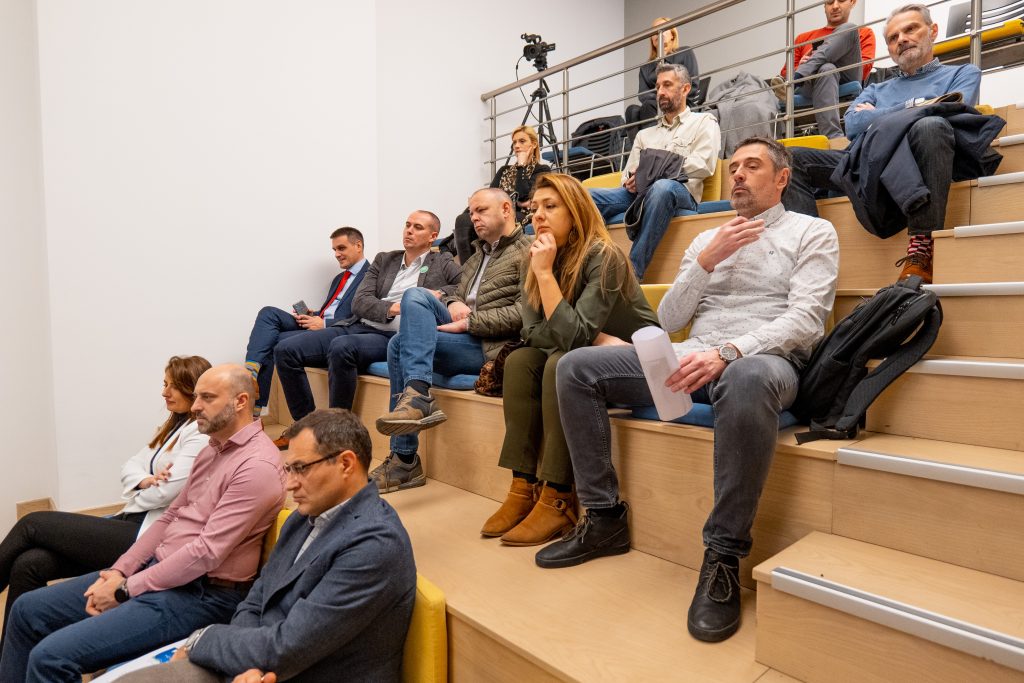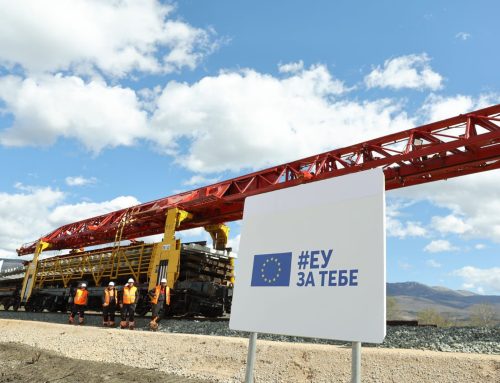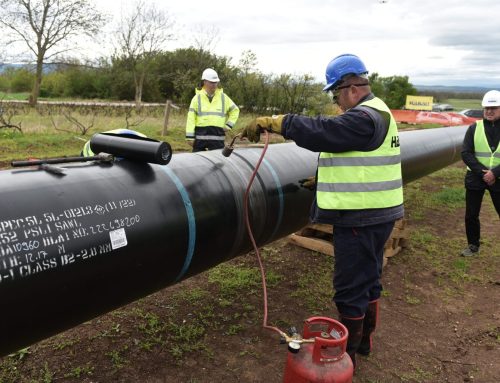Heat passes through old doors and windows, dilapidated roofs and walls without a proper façade, leaving households cold. By introducing energy efficiency measures in houses or apartments unnecessary energy consumption is reduced.
During today’s workshop “Ask me anything about EU support” we learned first-hand from GEFF program beneficiaries how to apply for support for the introduction of energy-efficient technologies, what are the greatest challenges and useful tips.
It is clear that if we consume less energy, we spend less money and have an impact of pollution reduction, emphasized Slavica Gligorović, moderator and RTS journalist, at the opening of the event.
The GEFF credit line is intended for financing energy efficiency (windows, facades, roofs, heat pumps, solar panels, etc.) for natural persons – citizens of Serbia, said Dragana Tanasić, GEFF Project Manager and added:
“Funds are allocated through domestic banks, primarily through Erste Bank and, as of recently, Banca Intesa. GEFF Program provides support in the selection of the mentioned technologies, and all information is available on our website as well as on the banks’ websites. Through our program, you can finance the complete renovation of the apartment, which then becomes completely energy efficient. For the beneficiaries, it is important to say that the European Union provides up to 20 percent of the total credit funds after the completion of the works, and this is transferred directly to the beneficiary’s account and allocated as desired”, stressed Tanasić.
After submitting the necessary documents, the credit approval came very quickly. The actual payment to the contractor and the administration about the whole process went without my intervention, and after a month I received a refund of part of the money in my account, explained Nikola Rađenović, beneficiary of the GEFF credit, when explaining the simplicity of the whole procedure.
“In addition to solar panels, I also purchased a special water heater, I replaced windows and doors, so I managed to solve all my energy-efficiency problems with one credit, one operation. The whole process went smoothly and it exemplifies the attitude towards a client who doesn’t have time to deal with different procedures. I only engaged in comparing the technology selector and what was available on the portals”, said Rađenović.
We had an internal joke that our previous household heated the entire local community – because our windows were old and let in heat, the walls did not have insulation, etc., Aleksandra Nicović, beneficiary of GEFF credit said and added:
“The GEFF technology selector on their website helped me a lot, because I am a complete layman for technologies. I had no experience with construction materials, etc. In one place I was able to get information about what difference it makes if I put 8 mm or 12 mm StyroFoam, what is the difference between a pellet stove and a heat pump system. In this way, we created a complete program for the energy efficiency of our house”, Nicović explained.
Nina Valčić, beneficiary of GEFF credit said that the members of her household are very aware of the importance of environmental protection.
Renovating and increasing the energy efficiency of our family home should also include an aesthetic moment, which was achieved with the help of the GEFF credit and Erste Bank. We managed to achieve what we initially envisioned. We did a complete replacement of windows and doors. We also found a certified domestic supplier for windows and doors that suited us”, said Valčić.
The GEFF in the Western Balkans is part of the international GEFF program of the European Bank for Reconstruction and Development (EBRD) which promotes investments in energy efficiency.
The GEFF credit line, which is currently available to citizens in Erste Bank, Banca Intesa and ProCredit Bank, was create din response to the need to provide citizens with access to financing for energy efficiency investments in households, such as thermal insulation of houses and energy-efficient windows and doors. The goal of the program is to generally increase citizens’ awareness of the importance of investing in energy efficiency.
In addition to credits, beneficiaries can also use grants in the amount of up to 20 percent of the total value of the investment. Grants are financed by the European Union. Austria and the Western Balkans Investment Framework (WBIF) provided funds for technical assistance during the implementation of the program.
The European Union is a bigger donor than all other international donors combined. In the past two decades, the EU has invested more than EUR 830 million in the energy sector. In 2022 alone, the EU support to Serbia’s energy sector is estimated at EUR 100 million.
Diversification of energy sources, security of supply, energy efficiency and decarbonisation of the economy, in accordance with the Paris Agreement, are the main objective of EU support. The support of the European Union is realized in cooperation with the Government of Serbia. The EU will continue to support Serbia in its EU acquis harmonization and creating structures that will enable further investments in the decarbonisation of the energy sector.

